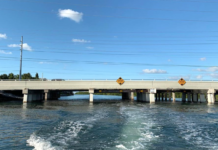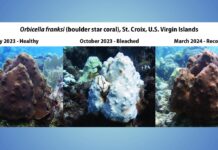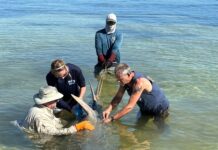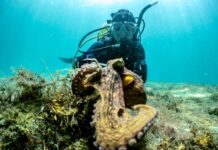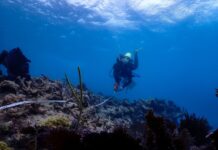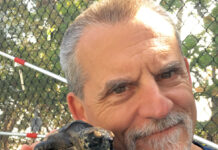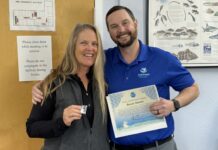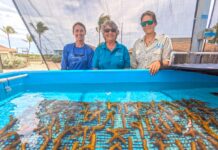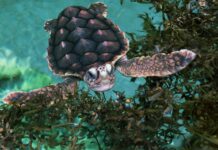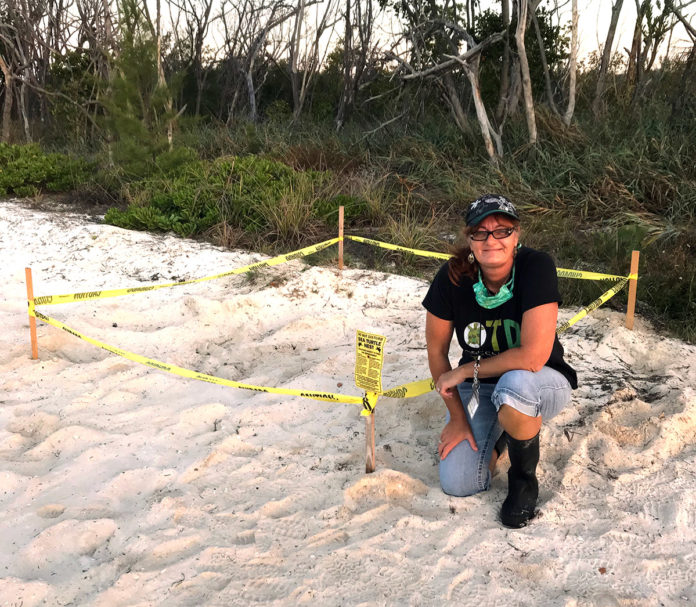
The City of Marathon recently caught up with Chrissy Watt, a turtle enthusiast who is one of many in the Middle Keys residents who devote early mornings to walking Coco Plum Beach and Sombrero Beach. From April through the end of October, Watt and her colleagues comb the beaches, looking for signs of turtle nests. Here’s more:
How long have you been on turtle watch? This is my seventh season. I walk the beach very early in the morning, just as the sun is coming up, looking for nests. If I find tracks, I identify them and mark the nest. When the nest hatches, I survey how many eggs hatched and record that data for the Florida Fish and Wildlife Conservation Commission.
Why do we need turtle nest spotters? Under the City of Marathon beach raking permit, we are required to survey the beaches before the areas can be raked of seaweed. It’s our job to let the rakers know if we spot any turtle nests.
How many nests have volunteers found this season? As of May 4, there are two nests, both on Coco Plum Beach.
Have you ever seen a turtle hatch? Yes. Once I found a little head popping out but not climbing all the way out of the nest. I realized it was stuck under a root. I reached in with my finger and popped up the root and immediately 11 more babies crawled out behind the first.
What training do you need to become a turtle nest spotter? I take the FWC training class for nesting surveyors and walkers every year to stay refreshed. The city of Marathon nest surveyors operate under the Save A Turtle organization and it, too, offers training every year. I take that as well.
What does the public need to know about turtle nests? Leave them alone. Stay at least 100 yards back, or so far that the turtles cannot sense a human presence. People can also help by keeping the beaches clean of debris and filling in holes they find in the sand – for example, a child’s sandcastle moat – so the baby turtles don’t fall in them and get stuck. The city of Marathon hires nesting surveyors every year, beginning mid-March in advance of the nesting season. To find out more about regulations and becoming a surveyor, email sheab@ci.marathon.fl.us. More information about sea turtles is at ci.marathon.fl.us/community/page/ways-save-sea-turtle.













